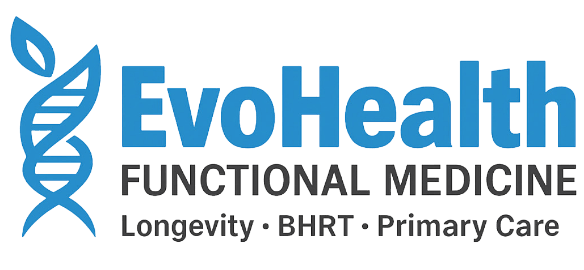Saturated Fat & ASCVD
For decades dietary consumption of saturated fat has been vilified as one of the major casual risk factors in the onset and development of atherosclerotic cardiovascular disease. However, in recent years this premise has been explicitly challenged by a growing number of high quality research reviews.
But before we dive into the literature surrounding Saturated Fat and Cardiovascular disease, lets discuss the basics.

What is ASCVD?
In short, Atherosclerotic Cardiovascular Disease is the build up of cholesterol in the in the arteries which can undergo a multitude of steps to eventually lead to a heart attack or stroke. Atherosclerotic Cardiovascular Disease is the leading cause of mortality worldwide. Established risk factors for ASCVD include smoking, hypertension, inactivity, and Diabetes.
Saturated Fat
Saturated fat is a type of dietary fat that consists largely of triglycerides containing fatty acid molecules with single bonds. This is in contrast to unsaturated fats, which have double bonds between their fatty acid molecules and are typically liquid at room temperature. Saturated fats are most commonly found in animal products such as beef, pork, lamb, poultry, eggs, and dairy products; however, they can also be found in some plant-based foods including coconut oil and palm oil.
Saturated fat intake has been correlated with increased levels of serum cholesterol, namely low density lipoprotein concentrations. Elevations of LDL-c (hyperlipidemia) have been shown to have a linear correlation with the onset and development with ASCVD.
If dietary saturated fat intake has been accepted to increased serum levels of LDL-c, and if elevations in LDL-c results in a dose depend increase in ASCVD, then Saturated Fat must directly increase the risk of ASCVD?
1+1=2, right?
Saturated Fat & ASCVD
Like most things in science, this discussion has a high degree of complexity. For starters, its is very myopic to assume that only one blood marker contributes to development of ASCVD. Recent literature has demonstrated that cardiovascular markers including LDL-p (low density lipoprotein particle count), ApoB, and hsCRP may facilitate a higher degree of causality in the development of ASCVD relative to LDL-c in isolation. There also may be a degree of inter-individual variability mediated through specific gene mutations in a subset of the population that also confers a confounding effect on the relationships between dietary saturated fat and ASCVD.
A 2017 epidemiolocal study found that the active reduction in saturated fat intake leads to a non-trivial increase in carbohydrate consumption. This increase in carbohydrate consumption leads to a direct reduction in LDL-c, but may also confer non-favorable effects on triglycerides, hsCRP, ApoB and blood pressure.
A more recent meta-analysis posted in the European Journal of Preventative Cardiology looked at observational studies, prospective epidemiological studies and 25 randomized placebo controlled trials published from 2010-2021 to elucidate the causal relationship between ASCVD and Saturated Fat. The review concluded that there no casual relationship between the intake of Saturated Fat and ASCVD. This finding was in concordance with previous reviews.
In summary, focusing on a single lipid marker such as LDL cholesterol does not capture the net clinical effects of nutrients in ASCVD.
